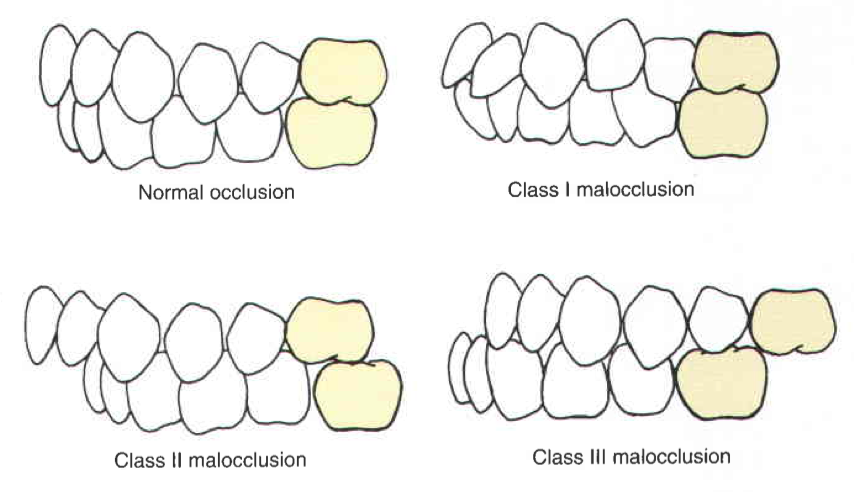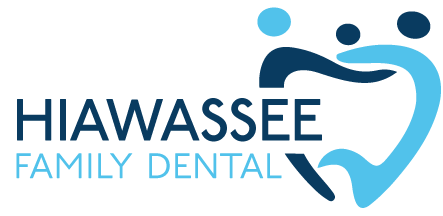
11 Jan Should I Get Braces This Year? How to Make Your Decision
So even though they’re unpleasant at first, it may be time to start thinking about getting braces. If you haven’t talked to your dentist before, ask them at the next visit whether they think you need them. In the meantime, we’ll explore some braces basics that might provide some clarity.
How do braces work?
When we think of braces, we usually think of the traditional metal braces. These use stainless steel bands, wires, and brackets to shift your teeth over time. However, all braces—no matter the type—work by applying a constant, mild pressure to shift the teeth into the desired position. The process takes an average of two years to complete. Some may complete it in as few as 12 months, though, and for others, the process may stretch much longer.
The reason that braces work is that our teeth aren’t quite as stuck-in-stone as we imagine. Below the gums is a special membrane that anchors the teeth to the jaw. This membrane is able to respond to the gentle, continuous pressure exerted by braces. Over time, the shape of your jaw morphs to create the intended effect.
Why do people get braces?
Good question. Dentists and orthodontists call your bite (the way your jaws line up) an “occlusion.” When that’s messed up, it’s referred to as a “malocclusion.” Braces are necessary to correct misaligned teeth—otherwise known as malocclusions.
The father of orthodontics, Dr. Edward Angle, came up with a way of organizing the three possible ways the mouth could be misaligned. He called it the Angles Classification System. In this system, there are three classes, demonstrated by the chart below.

-
- A Class I malocclusion means the upper and lower jaws are properly oriented in relation to each other. However, the teeth might still be over-crowded or too spaced out, leading to dental health problems.
-
- A Class II malocclusion is what we know as an overbite. In this class, as the Cleveland Clinic explains, “the upper jaw and teeth severely overlap the bottom jaw and teeth.”
-
- A Class III malocclusion is simply the opposite of a Class II. With a Class III malocclusion, the lower jaw sits forward, and the upper jaw rests behind it. We know this as an underbite.
If your bite falls into any one of these three categories, you probably need braces. Depending on how bad things are, you might even need surgery. The good news is, as VeryWellHealth explains, by fixing their malocclusions with braces, people are often able to resolve:
-
- Speech impediments
-
- Jaw or TMJ pain
-
- Difficulty chewing and eating
-
- Sleep apnea caused by mouth breathing and snoring
-
- Grinding or clenching of the teeth
-
- Gum disease and tooth decay
Of course, there’s often an aesthetic motivation to undergoing braces, as well. Those with an underbite, overbite, or crooked teeth may seek orthodontic treatment to receive a more picture-perfect smile.
How can I tell if I need them?
Okay, so overbite, underbite, crowding, spacing, aesthetics—those are the typical reasons someone might get braces. How do you know if you need to get braces this year? As you might already have guessed, your best bet is to talk to a professional. You don’t usually need a referral from your dentist to schedule with an orthodontist, so if you’re feeling sure, you can go ahead and make an appointment. However, if you schedule with your dentist first, they can help you talk through whether braces really would be the best option for you and refer you to a good orthodontist if so.
Some signs that you might need braces as an adult include:
-
- Obvious overbite
-
- Obvious underbite
-
- Obvious overcrowding or gaps between teeth
-
- Teeth that are twisted
-
- Difficulty brushing or flossing between crooked or crowded teeth
If you are noticing these sorts of things about your teeth, it may be time to speak with your dentist or schedule an orthodontic appointment. It may also be time if you’re feeling particularly self-conscious about your teeth. While braces aren’t usually done for purely aesthetic reasons, the self-confidence that a corrected smile gives is a powerful incentive to start straightening out your teeth today.
Should I still get braces if I’m an adult?
If you’ve long since passed up those middle and high school years, you might feel hesitant to walk around with braces on your teeth. If that’s you, you should know that one-fifth of people with braces are adults like you! As US Health reports, “According to a survey conducted by the AAO, adult patients seeking a healthier smile now outweigh adolescent patients in treatment.” In reality, it’s not your age that matters in whether you should get braces—it’s the health of your gums and teeth.
Many people put off orthodontic treatment in their younger years for one reason or another. Maybe their parents didn’t have the money, or maybe, as a child, they feared the discomfort. But malocclusions don’t fix themselves. If you let it run rampant, the dental decay it causes could even cost you a tooth—and trust us, replacing one with dental implants isn’t cheap. Better to correct it now with braces than to let the problem get out of hand. While braces take longer to work on adults, whose bone structure isn’t as pliable as when they were 12 and still growing, there’s no reason why they can’t be just as effective.
Did you know…?
You’re actually supposed to see the orthodontist by age 7. If you didn’t know this, or you didn’t go, you’re not alone. Many older than age 7 end up in the orthodontist’s chair for the first time. But as VeryWellHealth explains,
“The American Association of Orthodontists (AAO) recommends that children should be seen for their first orthodontic consultation no later than age 7. While the age of 7 may seem unusually early to consider braces, this pre-screening will give the orthodontist the opportunity to use preventative measures to possibly correct situations that may lead to braces in the future, and /or advise the parent on future orthodontic treatment planning.”
If you have a child who is approaching 7 and hasn’t yet seen the orthodontist, 2024 may be the year to take them, as well.
Final Thoughts
Braces might seem like a big, painful hassle, whether they’re for you or your child. But without them, crooked teeth can cause all sorts of dental health problems. Let 2024 be the year that you prioritize your dental health. If you think you or a child of yours needs braces, speak with the dentist at the next appointment. They can refer your to an orthodontist who can give you the treatment you need.

About Our Team
Dr. Hargrove and our excellent team here at Hiawassee Family Dental have over 30 years of experience in the field of dentistry. We’re passionate about superior patient care and education.
Contact us to schedule your next appointment!


Sorry, the comment form is closed at this time.